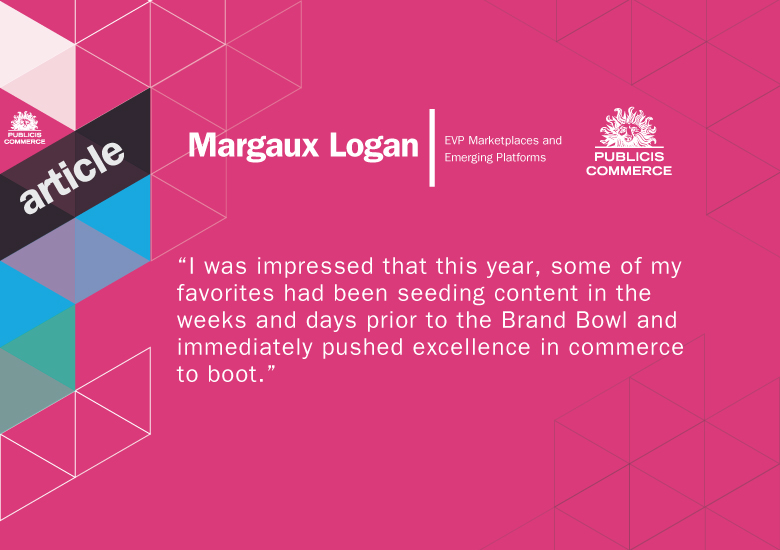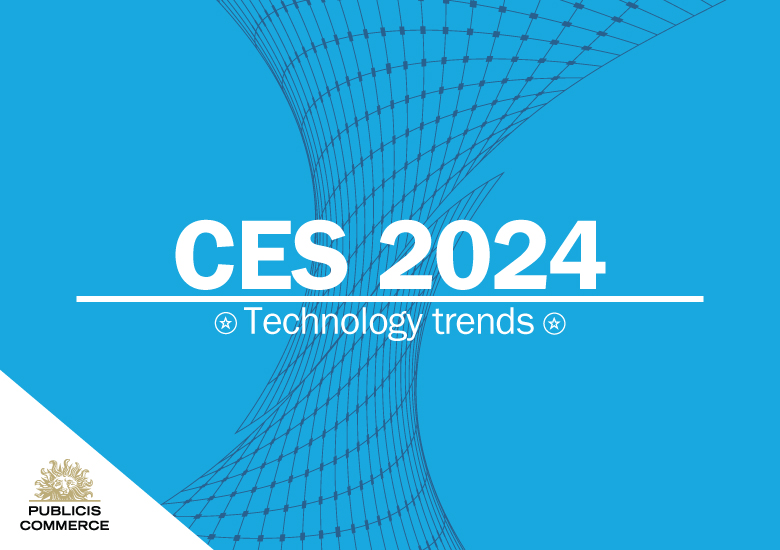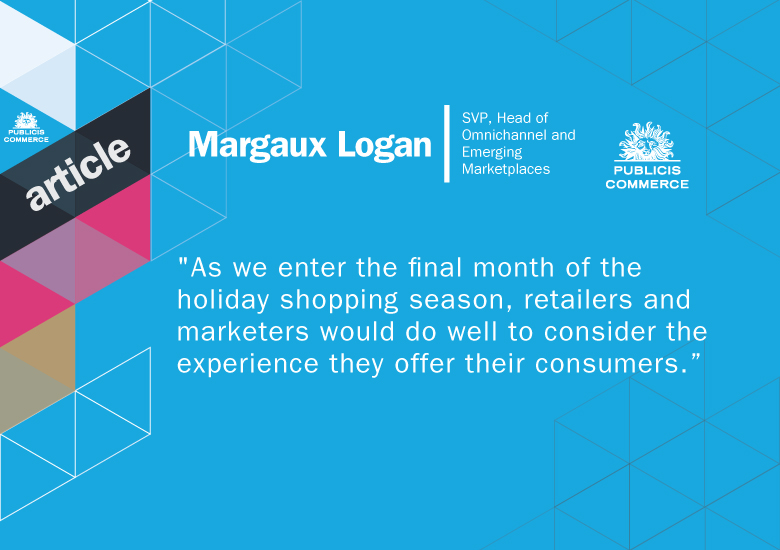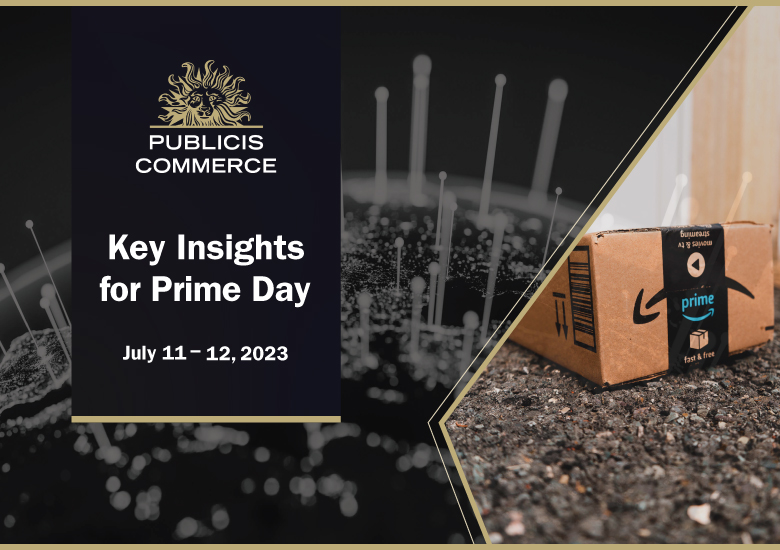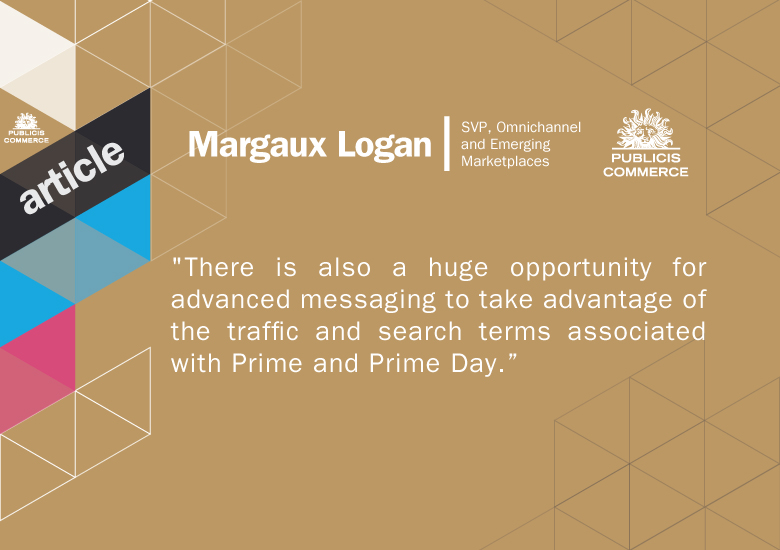Purpose
The purpose of this document is to provide commerce specialists and clients with information and perspective on the announcement of the launch of Facebook Shops.
Overview:
On May 19, 2020, Facebook announced Facebook Shops, which coordinates a business owner’s ability to sell across Facebook and Instagram with the establishment of one online store. This allows businesses with pages on either social platform to create a brand (and branded) storefront that can be marketed through advertising posts or stories found through Facebook business pages or Instagram Profiles. Each store is free to create and is customizable in terms of inventory catalog, as well as look and feel of the shop.
Potential customers can browse the Store collection, save products they are interested in, or place an order, either directly on the app (if checkout is enabled in the US) or on the business’ website link out. If questions arise, messages can be sent to the business owner through WhatsApp, Messenger or Instagram Direct Messages for support or delivery tracking. Future state of the Shop product (timing TBD) will include the ability to purchase directly within those channels.
Live shopping features will be added shortly to allow for shopping in real-time. Businesses, Brands and Creators will be able to tag products from their catalog or Shop, go live and have the products highlighted at the bottom of the live feed. This will allow customers an easier experience to tap to learn more and purchase. Live shopping is in beta and will, per Facebook, be rolled out more broadly in the next several months. Also announced as coming soon, loyalty programs to link to customer Facebook accounts for easier tracking and viewing of rewards or points.
Why This Matters:
This offering adds another option to the Marketplaces currently available, 3P and advertising capabilities included. It is specifically well suited for SMB. It capitalizes upon the branding, community and goodwill already generated by businesses or influencers on Facebook and allows for liftoff of D2C brands and small producers to easily sell goods in a linked fashion. Shop links with current Facebook partners in the D2C space such as Shopify and Squarespace. Customers presumably never have to leave Facebook or Instagram, making it an easy transaction for all. Facebook Pay will be a much easier way to complete a transaction, presumably boosting usage.
While not expressly stated, Facebook will generate consumer data and directly correlate sales to advertising or views, bringing a new, more connected, social commerce to the forefront. There is no need for building a business on a separate platform. Presumably, the idea of counterfeit items or private label encroachment is also tamed by a smaller, linked marketplace although fake profiles would continue to be a concern.
Implications:
The strength of this offering is three-fold: The significant growth of social commerce, existing strength & captive reach of the Facebook platform for brand exposure, and a fully connected ecosystem of advertising and customer communication tools in high use around the world. Billions of people use Facebook and those individuals are already familiar with the tools that let them connect with one-another. Brands can use this same infrastructure to manage customer orders, service inquiries, and brand communications in one place.
Expanding to other channels: Facebook has a huge audience already, but you will need to promote your brand to grow. If your business uses Facebook exclusively as the point of sale, you are greatly limited in what you can do to drive demand off-platform. Maintaining your own website is likely costlier and more difficult to manage, but it’s much easier to use search, display, email, and other popular digital channels to generate new demand and maintain a connection with your audience.
Consumer focus: Facebook is not just a shopping destination and it is very easy for consumers to open the app and get distracted once there. A branded website may be less convenient for a shopper to access, but doesn’t have to compete for a customers attention.
Small & medium businesses: The apparent ease of use –free to set up a shop; easy plug-and-play for Shopify and other feeds etc. – will obviously make it attractive for small sellers looking to expand.
Impulse Purchasing: Social platforms are ideal places for impulse purchasing. To be executed effectively the process must be made as simple and easy as possible. If transactions can be made without exiting Facebook/Instagram/WhatsApp, then this should be a priority. Understanding the payment mechanisms available will be essential in managing this new environment.
Standing out: As shopping demand on Facebook grows, so will the competition from new brands. As with all marketplaces, businesses must expertly use the available platform tools, comments and customer sentiment, content strategies, optimization techniques, and media investment to grow and maintain category share.
Customer data: As with all walled gardens, it’s important that you have a strategy to grow your customer data file. It’s unwise to use a closed-ecosystem like Facebook, exclusively, for records management.
Financial Services: Despite numerous setbacks, Facebook has not given up on its attempts to introduce its own Libra virtual currency, which is currently active in several countries around the world. With its virtual currency & Facebook Pay and the ability to directly purchase without leaving the app is an interesting development in direct payment and could potentially cut out credit card companies.





